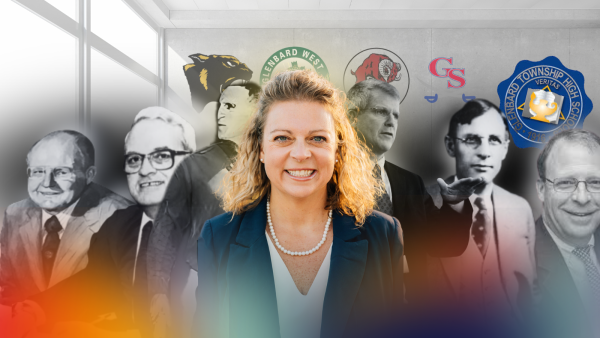9/11 has impacted people, security, and mindsets
On September 11th, 2001, two planes crashed into the twin towers of the World Trade Center in New York City. Another plane hit the Pentagon near Washington, D.C., and the last plane crashed in Shanksville, Pennsylvania on a field. All aircrafts were hijacked. Flight 11 hit the north tower, followed by Flight 175 crashing into the south tower. The south tower collapsed at 9:59 am and at 10:28 am, the north tower collapsed. 2,595 people who were in the towers died, and there was much damage done to the complex and buildings that were near the World Trade Center. This devastating event led to many changes in the United States in terms of security measures and relations.
The jet fuel of the planes in the WTC (World Trade Center) intensified the fires that had already started from the impact of the crashes. With the structure of the buildings compromised, both towers fell to the ground. Passengers on Flight 93 (which crashed in Shanksville) tried fighting back against their hijackers when they heard of the other attacks.
After this event, New Yorkers started to call the site where the twin towers once were “Ground Zero,” which occupies 14.6 acres. After the incident, many volunteers went to Ground Zero to assist with rescue, recovery, and the clean-up process. The last piece of steel from the World Trade Center was removed ceremonially on May 30, 2002.
Nineteen terrorists were involved in this event. Fifteen of them were from Saudi Arabia, two were from the United Arab Emirates, one was from Lebanon, and one was from Egypt. They were a part of the Islamist extremist group called al-Qaeda. This group was founded in the late 1980s by Osama bin Laden.
Bin Laden was killed by a US Special Forces raid in Abbottabad, Pakistan under the presidency of Barack Obama.
Airport security has changed since 9/11. PBS NewsHour claims that “only 5 percent of checked bags were screened before 9/11, whereas all are screened for dangerous materials today.” A law creating the Transportation Security Administration (TSA) was created the November following 9/11. They updated safety measures immediately. CN Traveler said this included “hardening cockpit doors with bulletproof material, updating no-fly lists, and closing other gaps.” To prevent hijacking, “pilots remain locked behind impregnable doors for the duration of the flight (with obvious exceptions for restroom breaks, but flight attendants are trained to protect the cockpit during those intervals).”
With no doubt, Arabs, South Asians, and Muslims faced pushback after this event. What seemed like fear turned into something else. Humanity in Action said “an increased sense of threat held by many Americans [had] often formed a basis for subtle, pervasive, societal racism.” Not only that, but they claim that the discrimination following 9/11 brought up historical moments in America “when the rights and liberties of a specific minority have been sacrificed for national security.”
Despite these effects on some people in America, the United States Department of Justice has been placing a priority on “prosecuting bias crimes and incidents of discrimination against Muslims, Sikhs, and persons of Arab and South-Asian descent, as well as persons perceived to be members of these groups.”
It is clear that many people were affected by this event. On this day, let us honor and remember all those who risked their lives to rescue others involved in the attacks and those who died.

Olivia Edakkunnathu is a senior at Glenbard West and is a features editor for The Glen Bard. Along with writing for the newspaper, she is a part of STEM...




